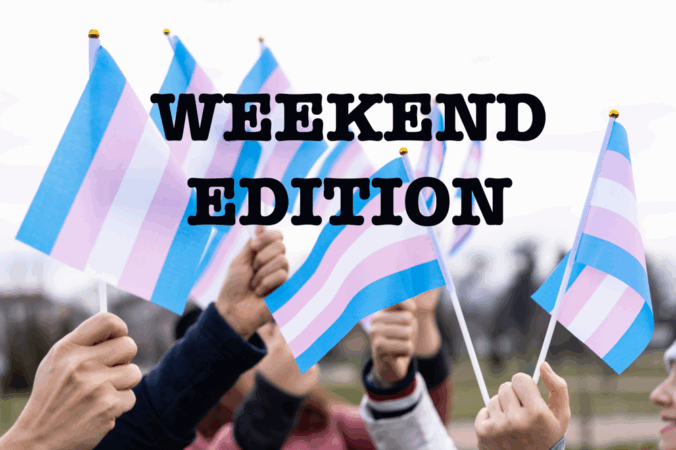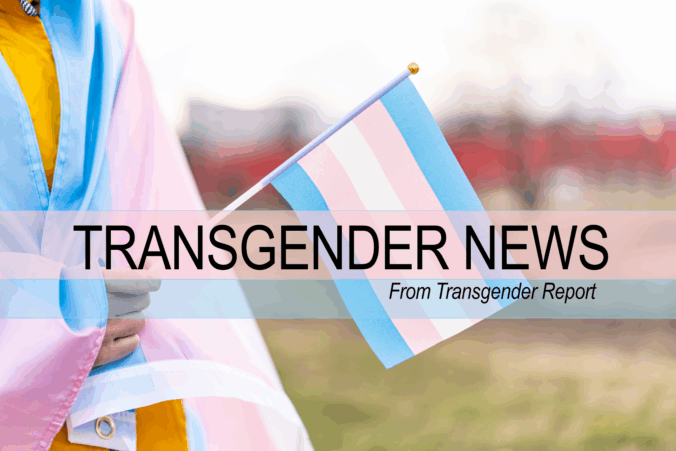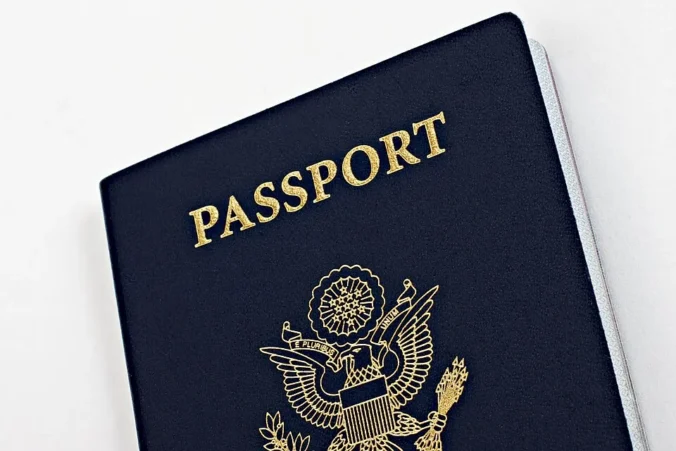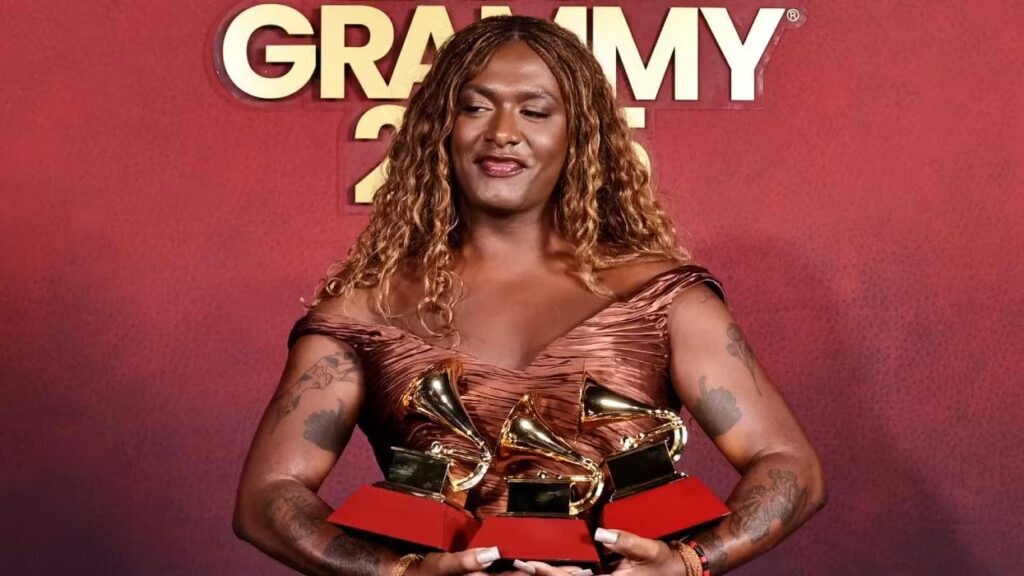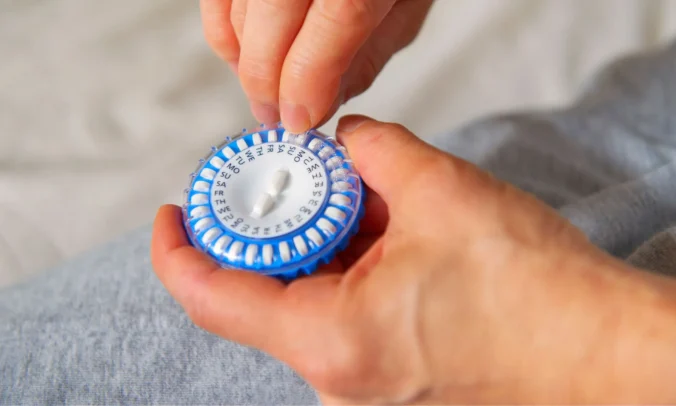Australia: Victoria Becomes First State To Offer Free Birth Certificate Updates For Trans People
Texas A&M committee rules professor’s firing over gender identity lesson was unjustified
Federal judge hands CHOP victory in its fight to protect medical records of transgender children
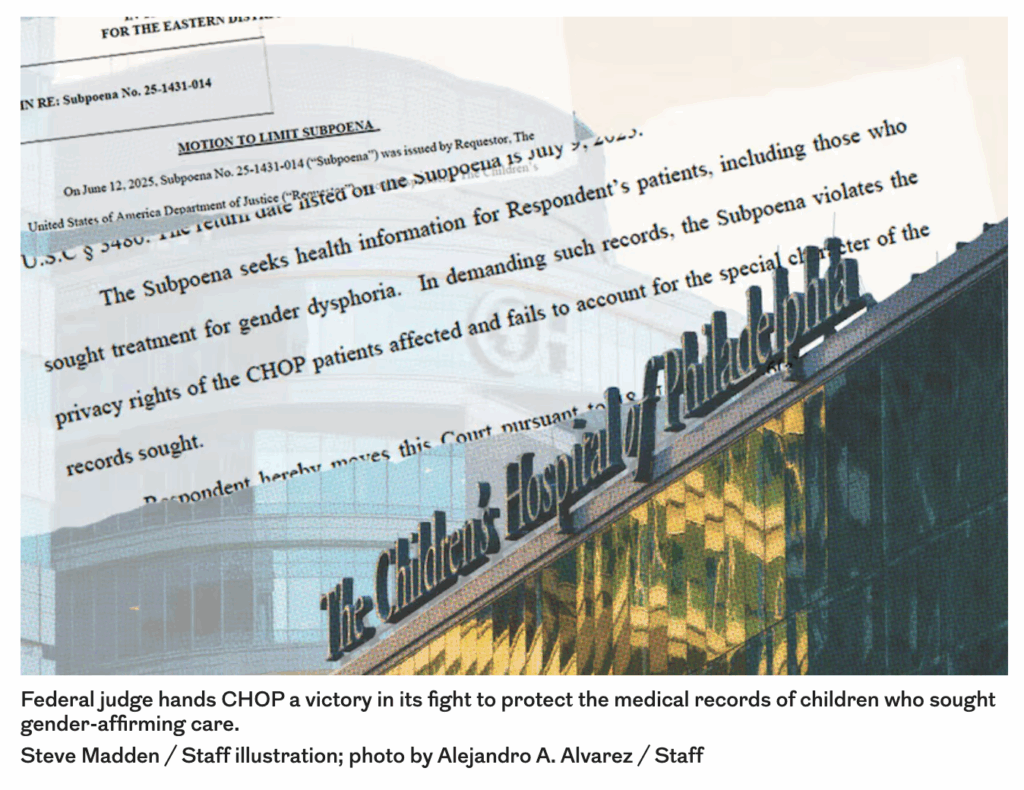
What Does A Great Trans Athlete Deserve?
Archive
San Diego: Transgender woman speaks out after pellet gun attack outside Bankers Hill LGBTQ+ bar
Trans Influencer Girlalala Fatally Shot in Florida
Americans Are Leaving Christianity Because of Anti-LGBTQ Animus. Why Now?
Congress: MTG resigns after years of anti-LGBTQ attacks amid Trump feud
How Anne Healthcare Exposed Bigger Trans Health Failures
Bre-Z says seeing Black, masculine-presenting women on TV is important: ‘It’s a lifeline’
Puberty blockers: why politicians overriding doctors sets a dangerous precedent
Mikki Gillette’s New Musical “Magnetic Electric” Gives Audiences Two Shows for the Price of One

